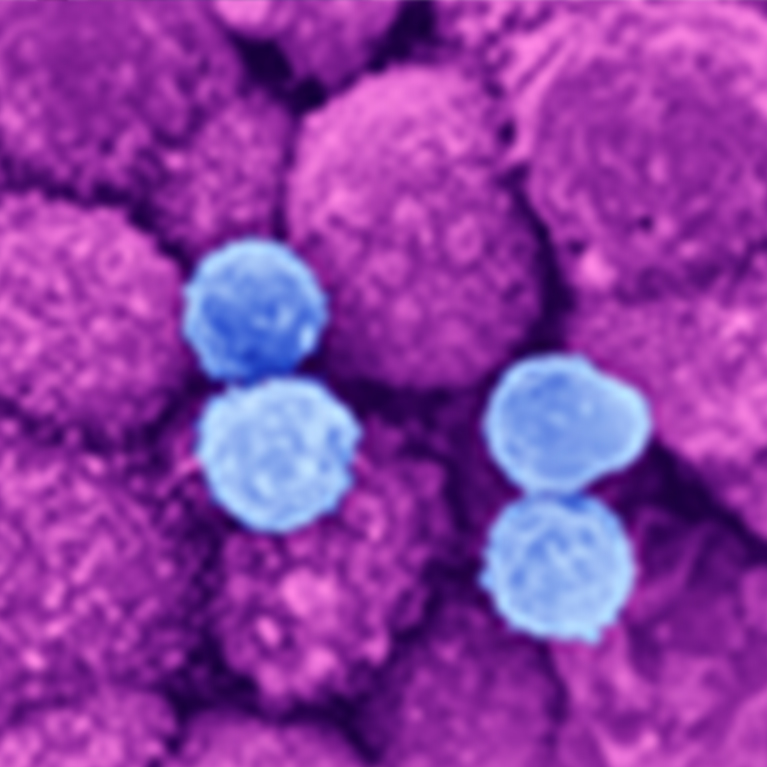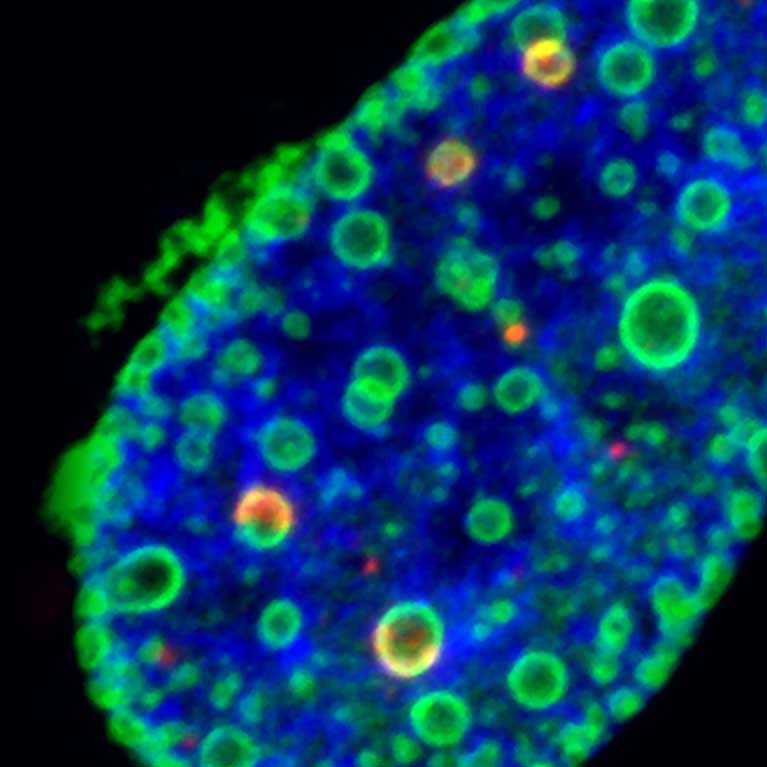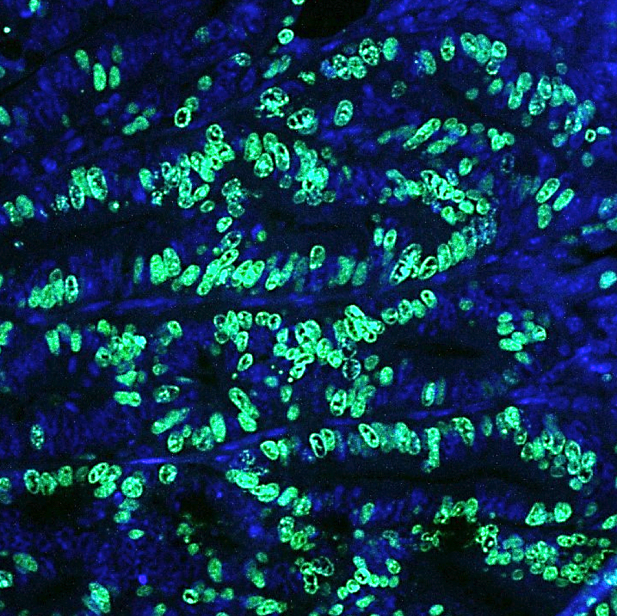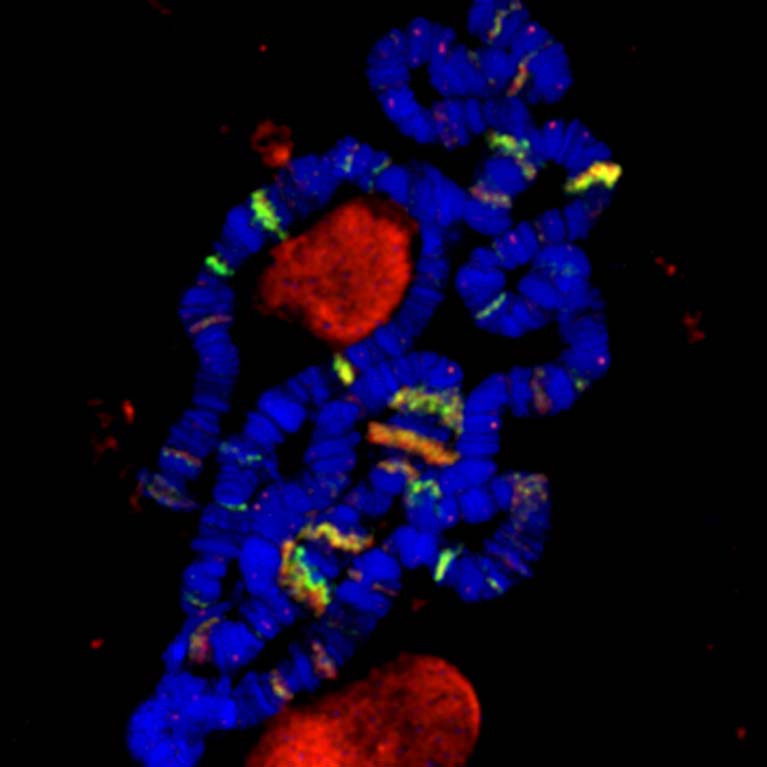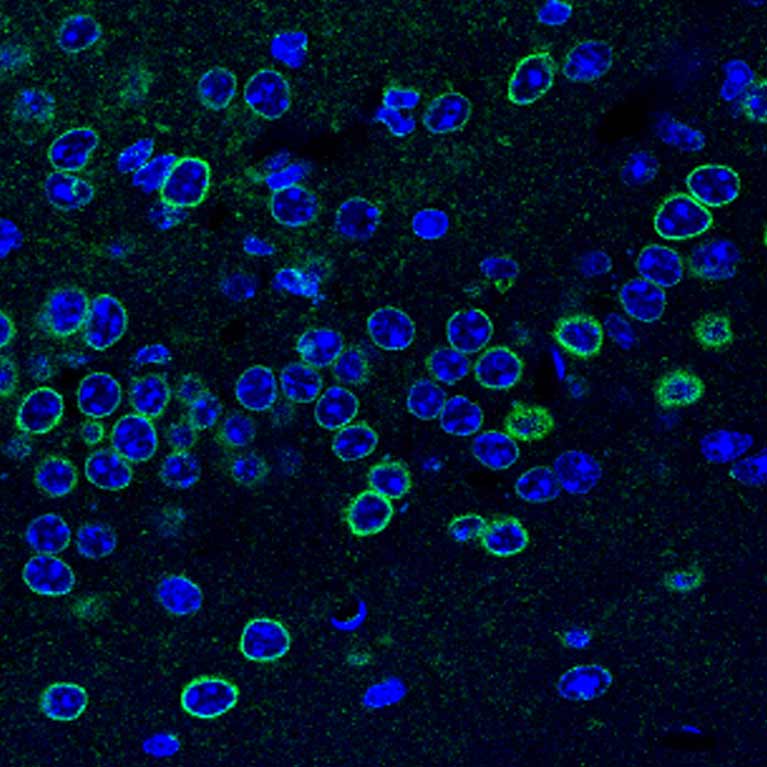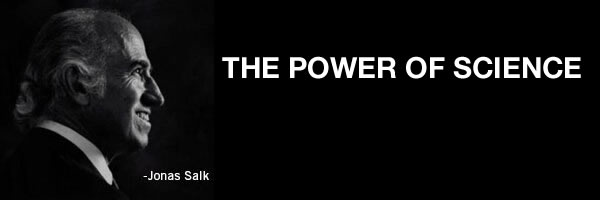Overview
We are uncovering the molecular drivers of cancer and leading the search for the next generation of targeted therapies for different types of cancer. We see a future where transformational treatments destroy tumors before they develop drug resistance.
The Salk Cancer Center is a basic research National Cancer Institute (NCI)-designated Cancer Center.

